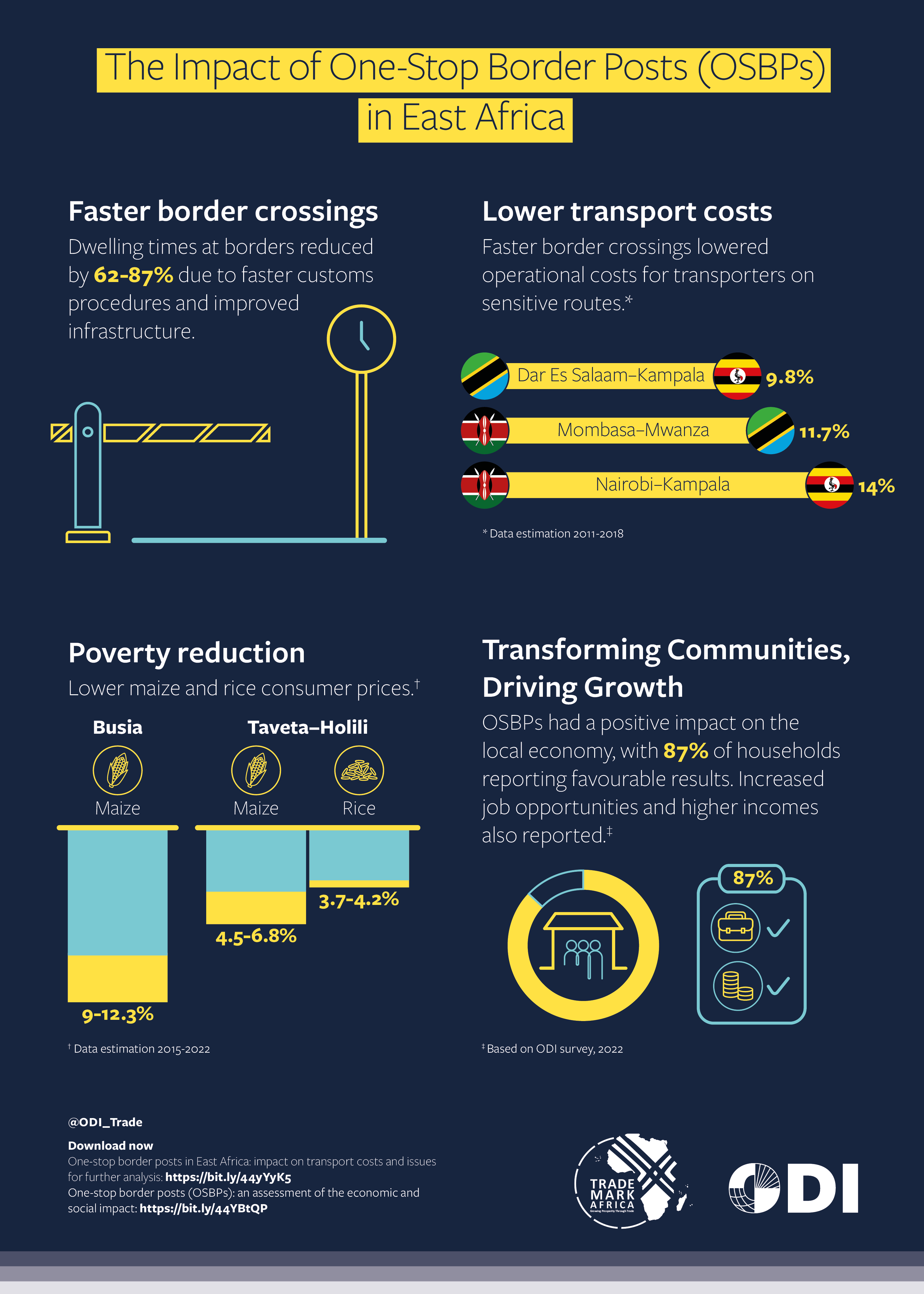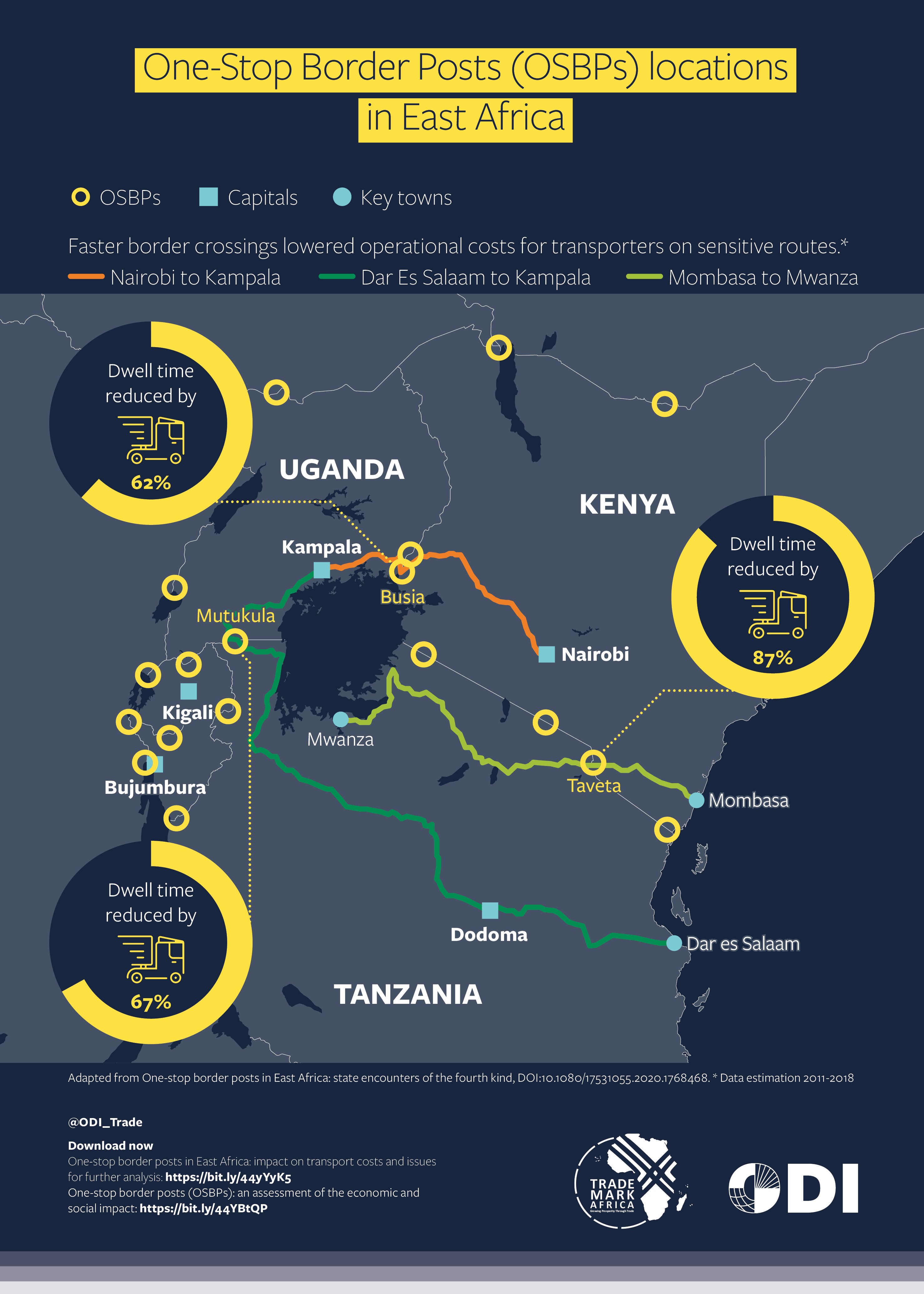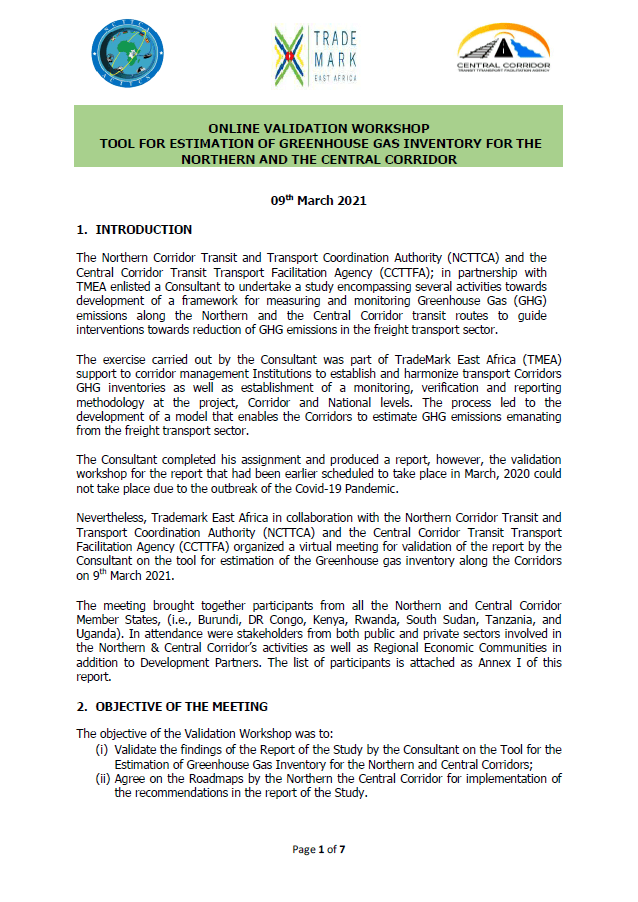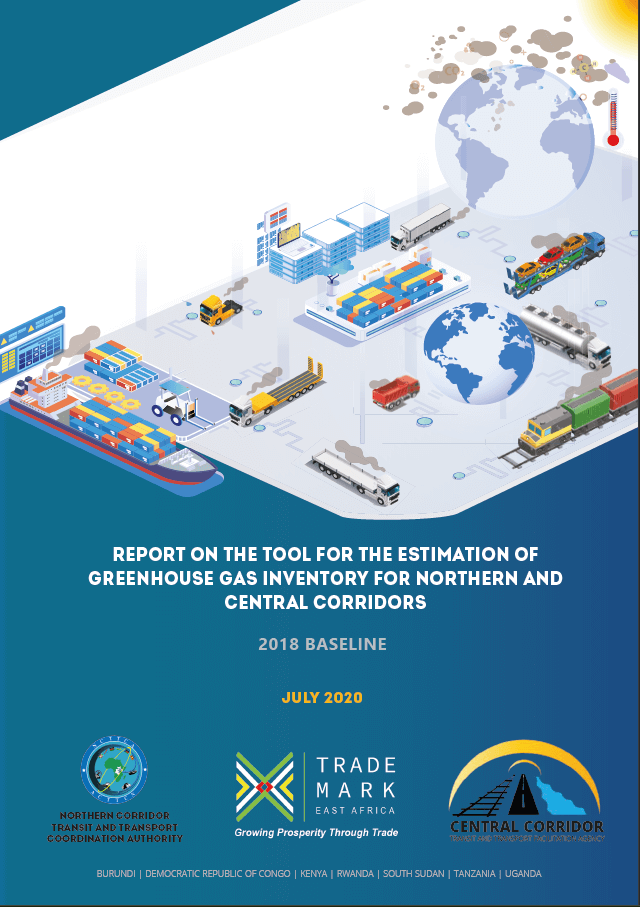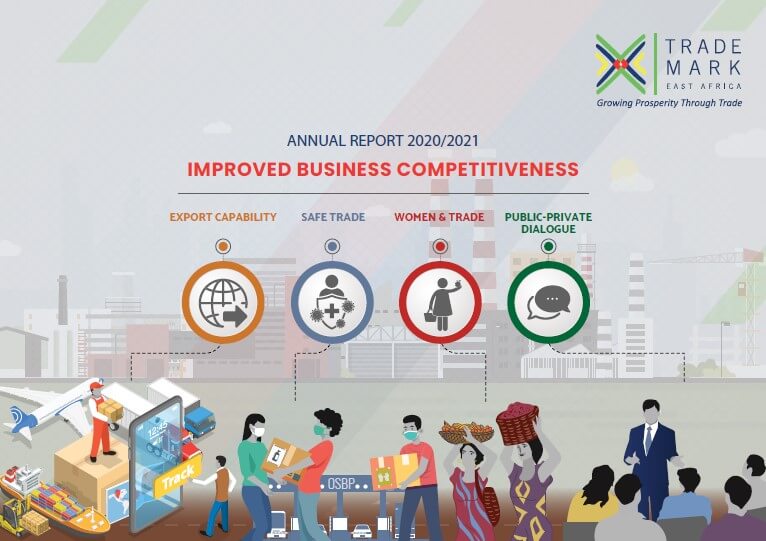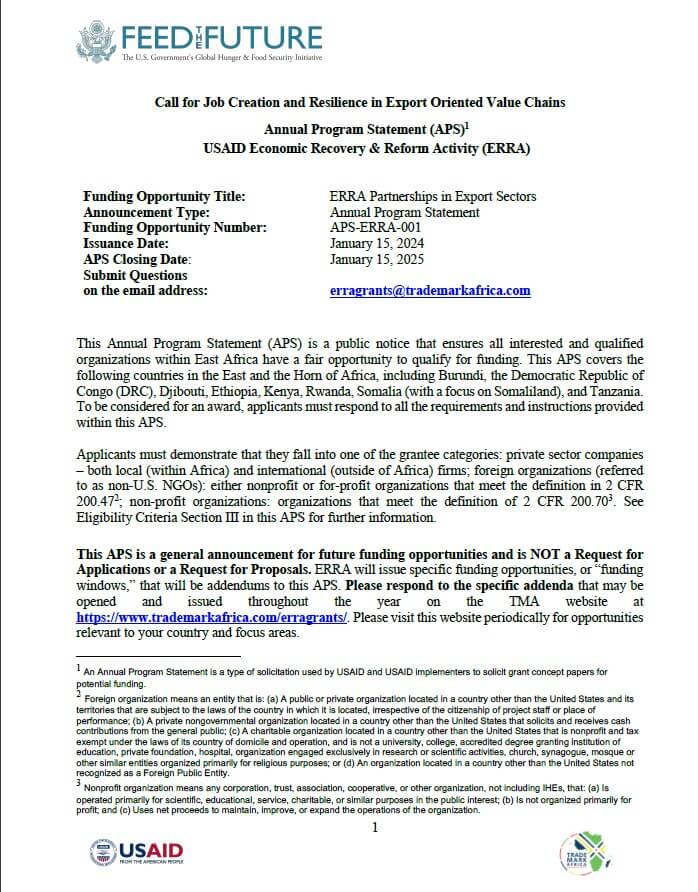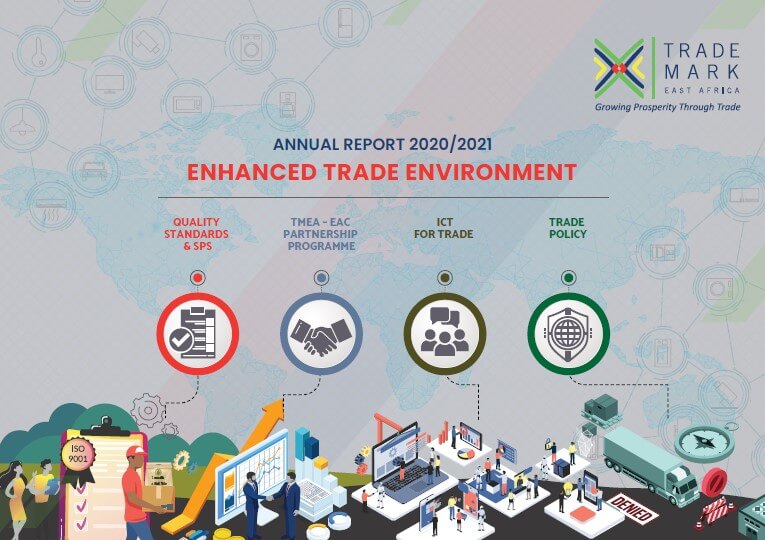[vc_row][vc_column][custom_inner_menus select_menu="project"][/vc_column][/vc_row][vc_row][vc_column][single_project_block_1 heading="Corridor Management and Coordination‐5704" implementor="Ministry of Transport and Equipment" target_group="Customs Officers, Officers from other Regulatory Agencies at borders and ports" project_value="US$1, 400,000" implementation_period="Jan 2022- Dec 2025" download_btn_text="Download Project PDF" download_btn_link="https://www.trademarkafrica.com/download/63292 /"]The Djibouti Corridor is a major trade gateway for Ethiopia, handling 90% of Ethiopia total Trade. Every day, over 4000 trucks ply across the corridor moving different types of goods from humanitarian goods to agricultural inputs. Authorities and key players in both Ethiopia and Djibouti highlight the various barriers across the corridor such as unnecessary delays of trucks at the port of Djibouti, PK 12 and PK51, congestion at PK12, lack of coordination among logistics sector player, unharmonised legal framework in the transport sector and massive infrastructure gaps on the Djibouti side Subsequently, this results to high costs of trade in terms of money and time. For example, currently trucks on the corridor make an average of 2.5 trips per month against targeted six trips per month. What: Extensive stakeholder consultations point out that one way of addressing some of the above challenges would be putting up a corridor management and coordination framework; through establishment and operationalising of the Corridor Management Authority comprised of both Ethiopia and Djibouti stakeholders. The Authority will work closely with corridor stakeholders to coordinate operations on the corridor and will be critical in identifying bottlenecks that arise and leading in their resolution. For effective operations of the CMA, the partners will be supported to develop appropriate tools for measuring and evaluating performance of...
Corridor Management and Coordination‐5704
Posted on: May 17, 2022
Posted on: May 17, 2022




